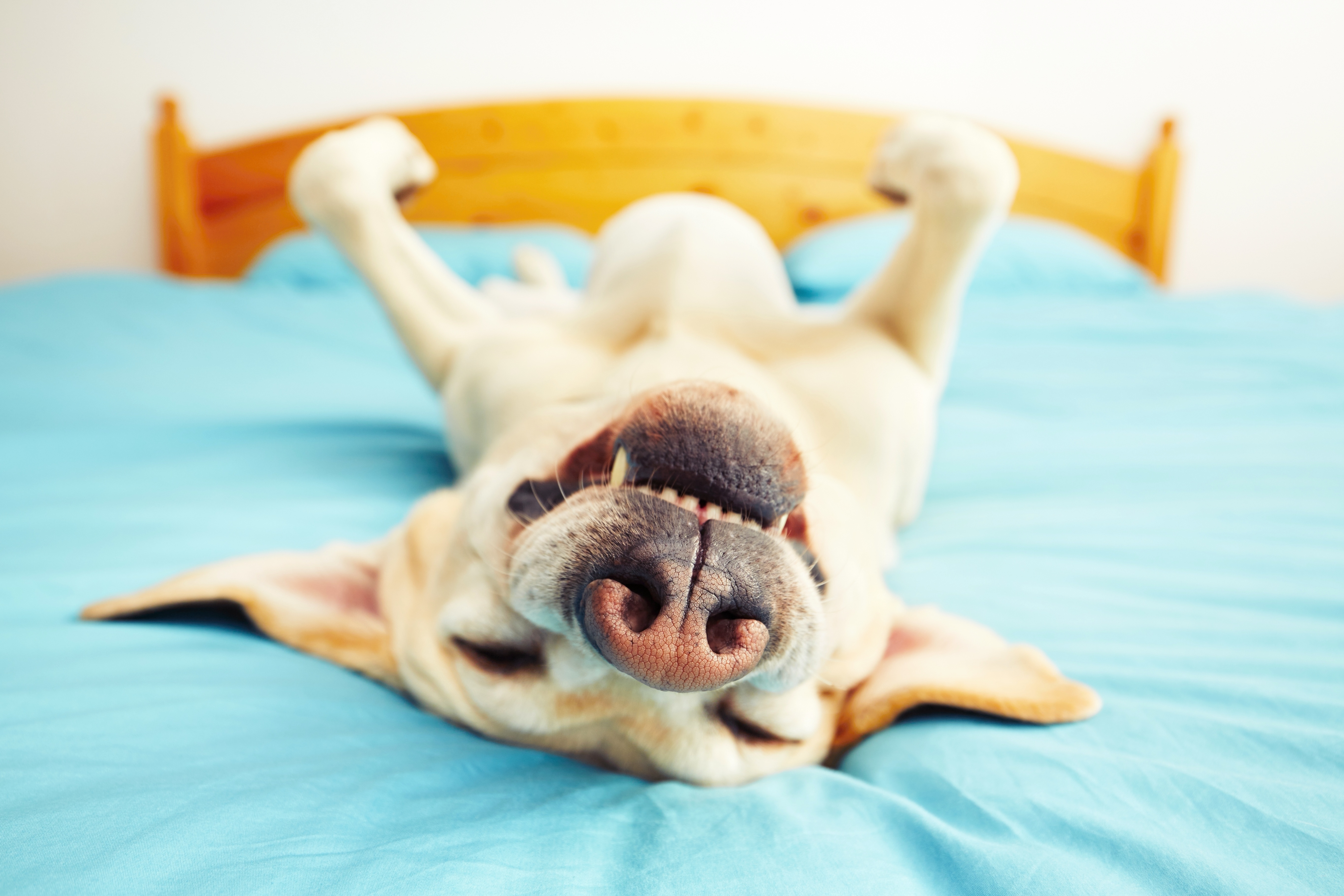As we get older, we often experience changes in our sleeping patterns. We usually start getting tired earlier, waking up earlier and in some cases, experiencing less deep sleep than we used to. A good night’s sleep is good for the mind, body, and soul.
According to the National Institute of Health, many seniors aren’t getting the sleep they need. Many (13 percent of men over 65 and 36 percent of women in that age group) find it hard to fall asleep in the first place. And once they do, a lot of older adults discover that they don’t sleep as soundly or as deeply as they used to.
Getting enough sleep (typically 7 to 9 hours per night, depending on the person) is just as important when we get older as it was when we were teenagers… if only we could still sleep until noon! A good night’s sleep is especially important to older adults because it helps improve concentration and memory formation, allows your body to repair any cell damage that occurred during the day, and refreshes your immune system, which in turn helps to prevent disease.
- Older adults who don’t sleep well are more likely to suffer from depression, attention and memory problems, excessive daytime sleepiness and experience more nighttime falls.
- Insufficient sleep can also lead to serious health problems, including an increased risk of cardiovascular disease, diabetes, weight problems and breast cancer in women.
Common causes of sleep problems in older adults
Poor sleep habits and sleep environment – These include irregular sleep hours, consumption of alcohol before bedtime, and falling asleep with the TV on. Make sure your room is comfortable, dark and quiet and your bedtime rituals conducive to sleep.
Pain or medical conditions – Health conditions such as a frequent need to urinate, pain, arthritis, asthma, diabetes, osteoporosis, nighttime heartburn, and Alzheimer’s disease can interfere with sleep. Talk to your doctor to address any medical issues.
Menopause and postmenopause – During menopause, many women find that hot flashes and night sweats can interrupt sleep. Even postmenopause, sleep problems can continue. Improving your daytime habits, especially diet and exercise, can help. Discuss options with your OBGYN.
Medications – Older adults tend to take more medications than younger people and the combination of drugs, as well as their side-effects, can impair sleep. Talk to your doctor about your sleep issues and see if they can make changes to your medications to improve sleep.
Lack of exercise – If you are too sedentary, you may never feel sleepy or feel sleepy all the time. Regular aerobic exercise during the day can promote good sleep. If you’re a resident at United Methodist Homes, we encourage you to attend a daily exercise class, visit the Wellness Center or utilize the fitness center.
Stress – Significant life changes like retirement, the death of a loved one, or moving from a family home can cause stress. However, nothing improves your mood better than socializing. At UMH, our activities and programming teams are vital when it comes to keeping residents mentally and physically healthy. We offer a wide variety of social outlets which include opportunities for stress relief such as exercise classes, outdoor walking groups, music, and the arts, tai chi, or yoga and meditation. Additionally, our campus chaplains and social services staff are available to provide spiritual counseling and support services to help seniors deal with the psychological and emotional stressors in their lives.
Lack of social engagement – Social activities, family, and work can keep your activity level up and prepare your body for a good night’s sleep. If you’re retired, try volunteering or taking an adult education class. UMH residents can attend one of the many daily activities scheduled on your campus, ask about becoming a Resident Ambassador or other volunteering opportunities.
Sleep disorders – Restless Legs Syndrome (RLS) and sleep-disordered breathing—such as snoring and sleep apnea – occur more frequently in older adults. Talk to your doctor about options for you if you currently suffer from a sleep disorder.
Lack of sunlight – Bright sunlight helps regulate melatonin and sleep-wake cycles. Try to get at least two hours of sunlight a day. Keep shades open during the day or use a light therapy box.
Improve your sleep habits
Naturally, boost your melatonin levels – Artificial lighting at night can suppress your body’s production of melatonin, the hormone that makes you sleepy. Use low-wattage bulbs where safe to do so, and always turn off the TV and computer at least one hour before bed.
Don’t read from a backlit device at night (such as an iPad/smartphone) – If you use a portable electronic device to read, use an eReader that requires an additional light source.
Make sure your bedroom is quiet, dark, and cool, and your bed is comfortable – We often become more sensitive to noise as we age, and light and heat can also cause sleep problems. Using a sound machine, earplugs, or a sleep mask can help.
Use your bedroom only for what it’s meant to be used for – Avoid working, watching TV, or using your computer in bed. This will help your brain to associate the bedroom with just sleep and not all of those other activities.
Move bedroom clocks out of view – The light can disrupt your sleep and anxiously watching the minutes tick by is a surefire recipe for insomnia.
A Good Night’s Sleep – How sleep changes in older adults, common problems, and steps you can take to alleviate sleep problems. (National Institute on Aging)

